Copyright infringement is still a serious problem in Vietnam. A common practice nowadays is for companies to arbitrarily take other people’s works and print books. If no one knows, it’s “easy”, but if someone discovers it, the publisher will just pay royalties for show.
As SGGP Newspaper has reported, the publication Big Book - Poetry for Children to Learn to Read (published by An Phuoc Books Vietnam Co., Ltd. in association with Vietnam Women's Publishing House) used poems by several authors such as Khuc Hong Thien, Dinh Ha, Ho Huy Son... without permission. When author Khuc Hong Thien spoke up, the above unit announced that it would send 10 gift books and a royalty of 140,000 VND for 2 poems. However, after nearly 20 days, author Khuc Hong Thien only received the gift books, but the royalty has not been seen yet.
The poem The Cow Looking in the Mirror by author Huu Vi was printed in the publication Nursery Rhymes - Poems - Stories for Children Learning to Talk (Dai Mai Books and Vietnamese Women's Publishing House), and later appeared in another book, Poems for Children Learning to Talk (Dai Mai Books and Vietnamese Women's Publishing House). The two times the poem The Cow Looking in the Mirror was printed in the book, author Huu Vi did not know. He said: "It was not until 2022, when I accidentally discovered that the book Nursery Rhymes - Poems - Stories for Children Learning to Talk had my poem printed on it. I reported it on my personal page, and an old acquaintance contacted me and paid 300,000 VND in royalties. Because I was considerate, I let it go at that time. However, recently I discovered that the above poem continued to be printed in the book Poems for Children Learning to Talk without any connection. As an author, I feel indignant because I am not respected."
In 2004, Vietnam joined the Berne Convention on the protection of intellectual property rights and copyright, which has been 20 years. We also have the Intellectual Property Law and the Publishing Law, the most basic of which is that any act of using a work without the author's permission is a copyright infringement. At that time, the units will have to compensate the author for damages, not just pay royalties when discovered as a gift.
All excuses are very fragile, while in principle, without the author's consent, no individual or organization is allowed to use the work. Not to mention, in this day and age, finding information about an author is not difficult at all. The important thing is whether these units want to live and work according to the law or not!
QUYNH YEN
Source








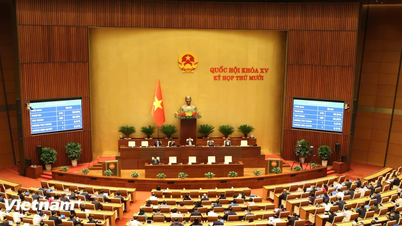

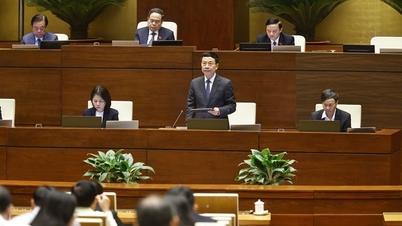

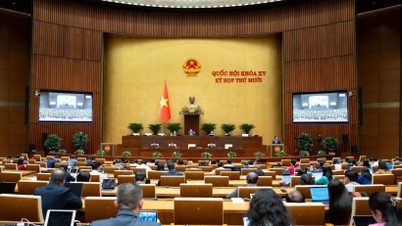
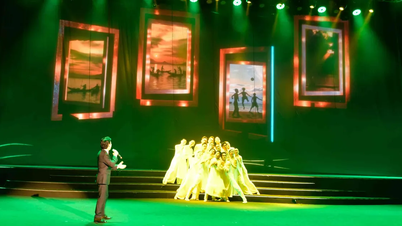
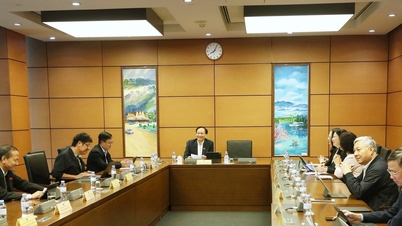

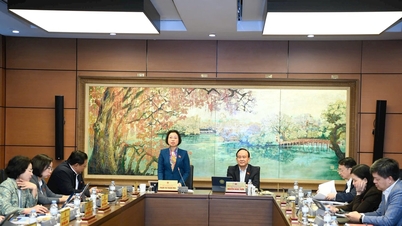





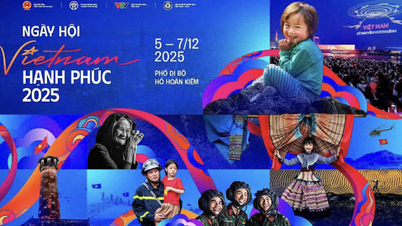







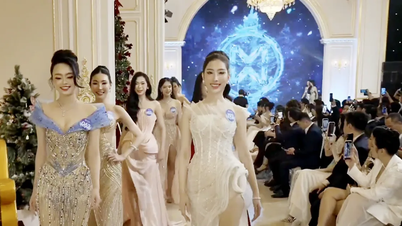
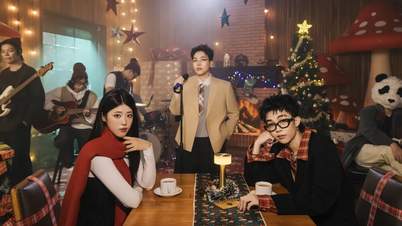
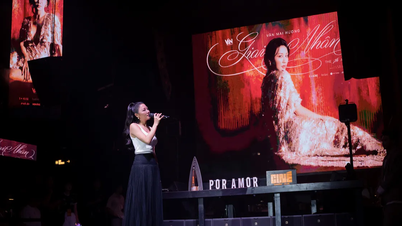
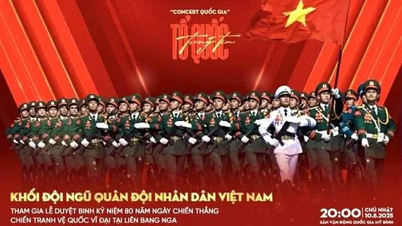
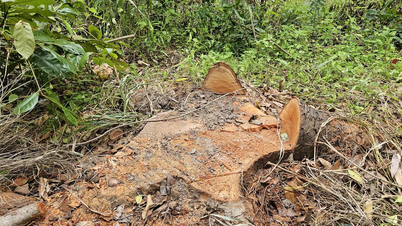
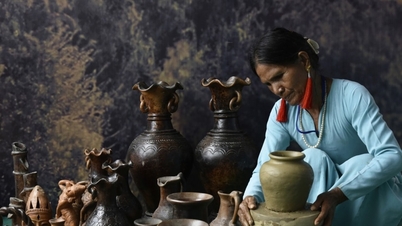

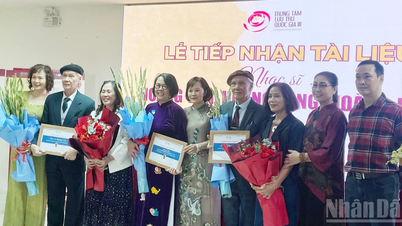





![[Video] The craft of making Dong Ho folk paintings has been inscribed by UNESCO on the List of Crafts in Need of Urgent Safeguarding.](https://vphoto.vietnam.vn/thumb/402x226/vietnam/resource/IMAGE/2025/12/10/1765350246533_tranh-dong-ho-734-jpg.webp)
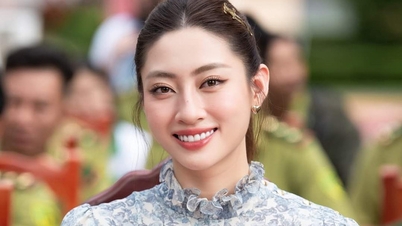
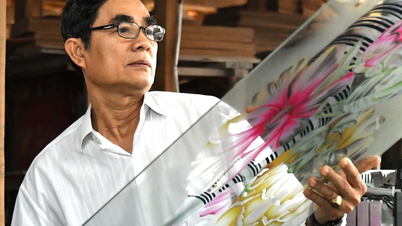

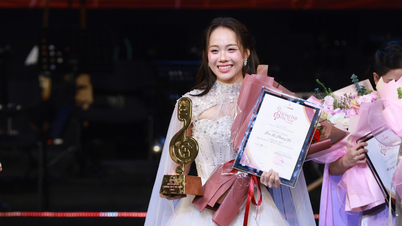

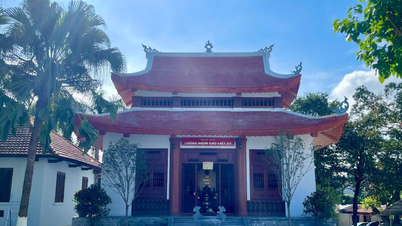



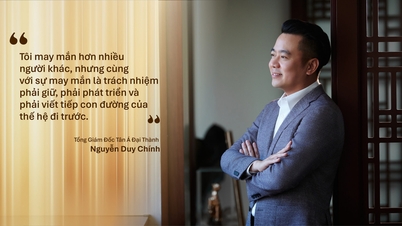













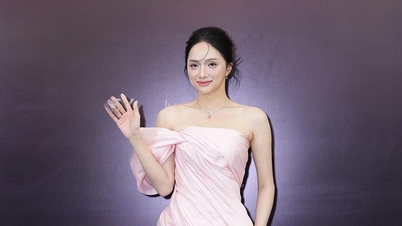

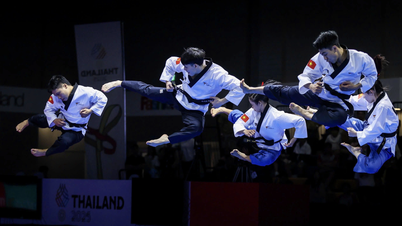
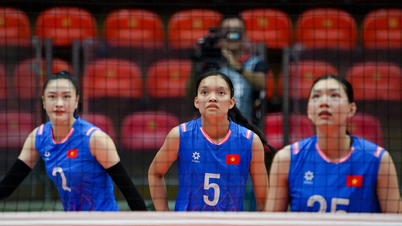




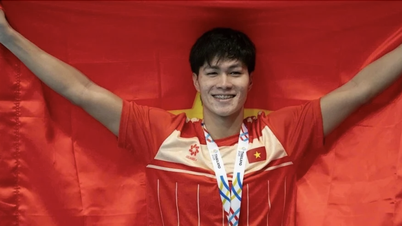



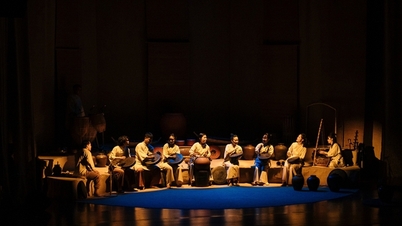
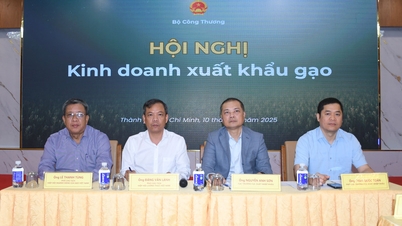



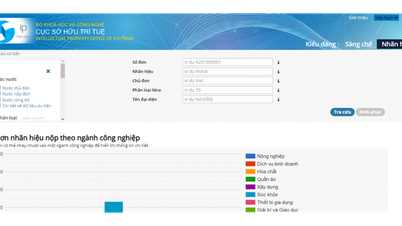
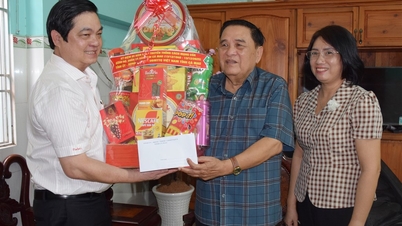
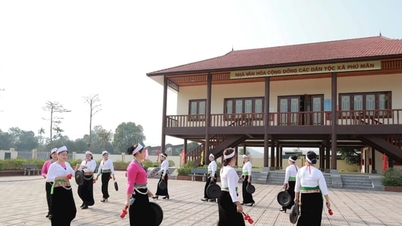





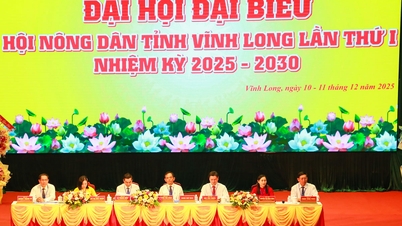

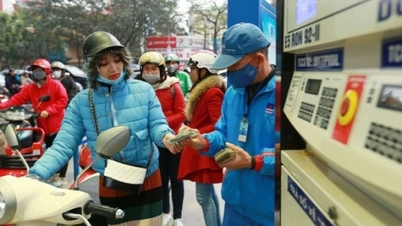











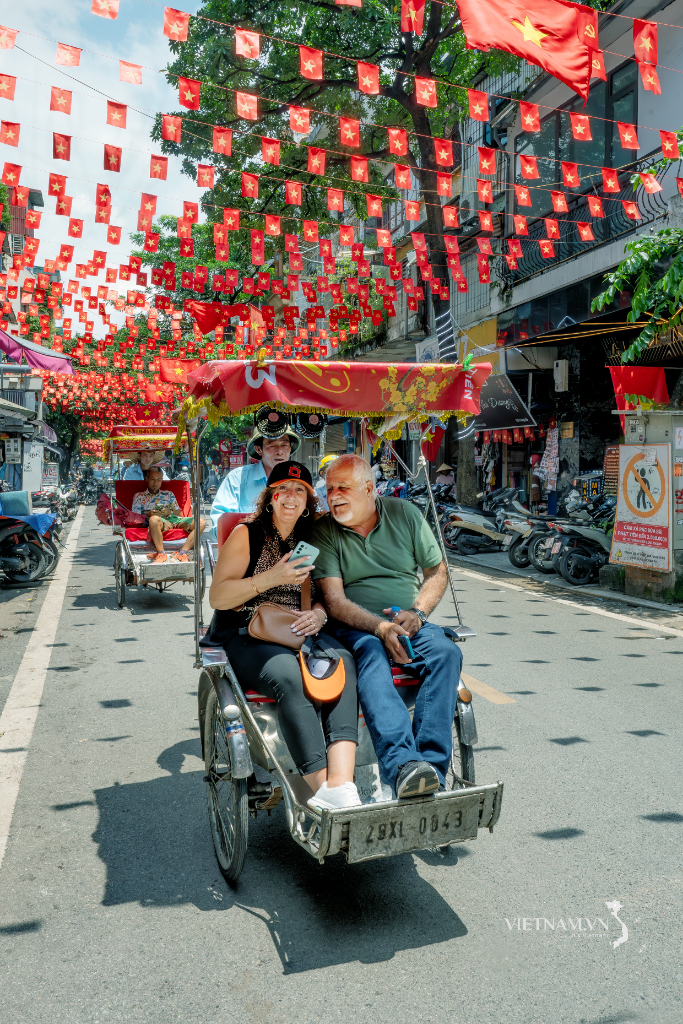

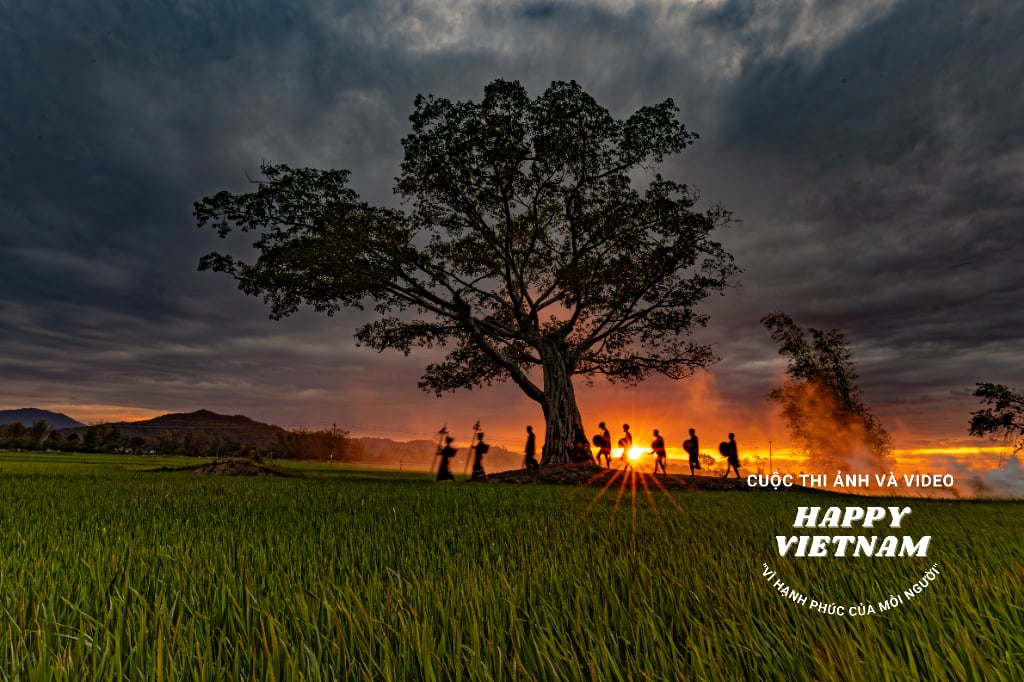




Comment (0)